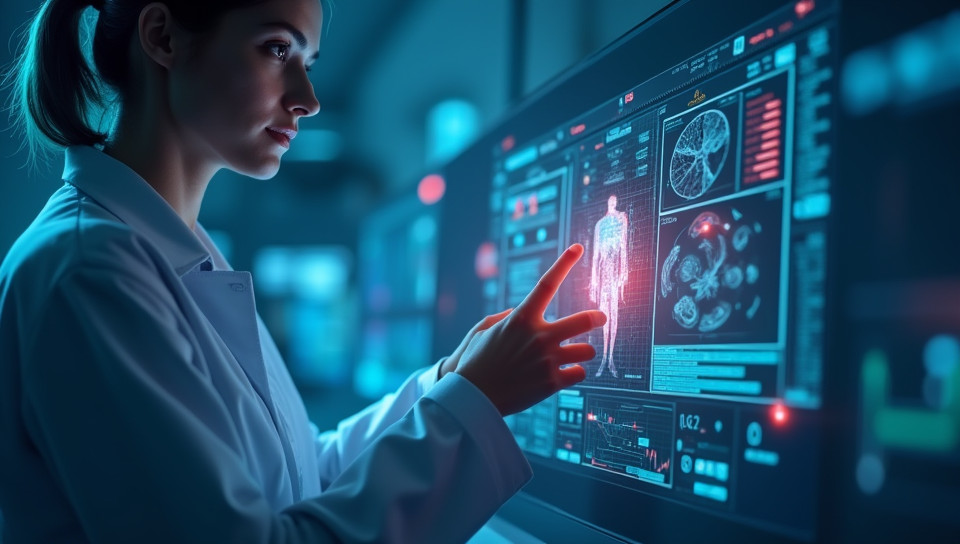Real-time tracking enables immediate responses to health issues 77%

Real-time Tracking: The Key to Timely Health Interventions
In today's fast-paced world, time is of the essence when it comes to addressing health issues. Delays in diagnosis and treatment can have devastating consequences, making it essential for healthcare providers to adopt real-time tracking solutions. By leveraging technology to monitor patients' vital signs and medical conditions in real-time, healthcare professionals can respond promptly to emerging health issues, ultimately improving patient outcomes.
The Benefits of Real-time Tracking
Real-time tracking offers numerous advantages in the field of healthcare. Some of the key benefits include:
- Improved patient safety
- Enhanced decision-making capabilities for healthcare providers
- Increased efficiency in emergency situations
- Better management of chronic conditions
- More effective disease surveillance and outbreak prevention
How Real-time Tracking Works
Real-time tracking involves the use of advanced technologies, such as sensors, wearables, and mobile apps, to monitor patients' vital signs and medical conditions remotely. This data is then transmitted to healthcare providers in real-time, enabling them to respond quickly to any emerging health issues.
For example, a patient with diabetes may wear a continuous glucose monitoring system that tracks their blood sugar levels throughout the day. If the system detects an abnormal spike or drop in blood sugar, it sends an alert to the patient's healthcare provider, who can then intervene promptly to prevent complications.
The Impact of Real-time Tracking on Patient Outcomes
Studies have consistently shown that real-time tracking leads to better patient outcomes. By enabling healthcare providers to respond quickly to emerging health issues, real-time tracking reduces the risk of adverse events, such as hospital readmissions and medication errors.
Moreover, real-time tracking empowers patients to take a more active role in their own care, improving adherence to treatment plans and reducing the likelihood of complications. This approach also fosters greater collaboration between healthcare providers and patients, leading to more effective disease management and better overall health outcomes.
Conclusion
In conclusion, real-time tracking is a game-changer in the field of healthcare. By enabling timely responses to emerging health issues, real-time tracking improves patient safety, enhances decision-making capabilities for healthcare providers, and increases efficiency in emergency situations. As technology continues to evolve, it's essential for healthcare providers to adopt real-time tracking solutions to stay ahead of the curve and deliver the best possible care to their patients.
- Created by: Susan Gutierrez
- Created at: Aug. 13, 2024, 11:14 p.m.
- ID: 7051


